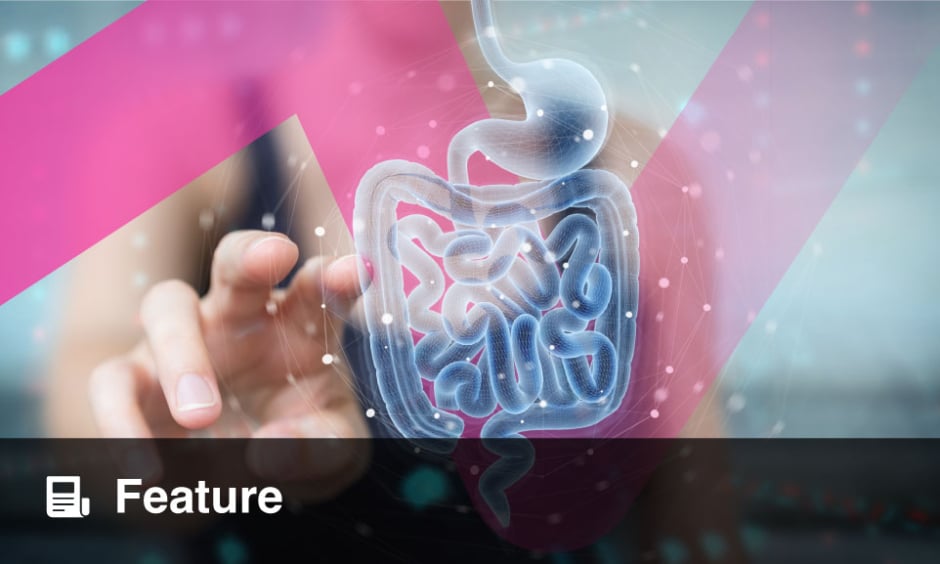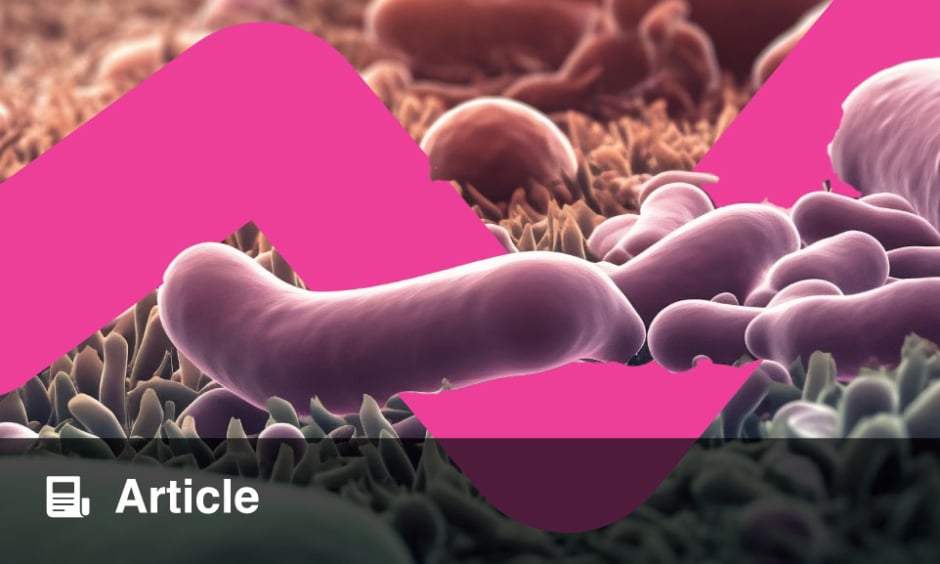A NEW study has revealed that activity in the brain’s hypothalamic circuits can rapidly reshape the composition of the gut microbiota, challenging the traditional view of one-way gut–brain communication. The findings demonstrate a dynamic, bidirectional interaction between the brain and the gut microbiome, offering fresh insights into how neural activity can directly influence the body’s microbial landscape.
Researchers at the University of California, USA, used chemogenetic techniques to selectively activate or inhibit specific neurons in the hypothalamus, namely AgRP and POMC neurons, which regulate hunger and satiety. Within just 2–4 hours of neuronal manipulation, significant alterations in gut microbiota were observed, particularly following activation of POMC neurons. These changes were region-specific, affecting microbial populations in the duodenum, jejunum, ileum and caecum – even in the absence of food intake.
To mimic more natural conditions, the researchers also administered appetite-related hormones leptin and ghrelin directly into the brain. Leptin, associated with satiety, produced a more pronounced shift in gut microbial communities than ghrelin, particularly in the duodenum. Notably, leptin also altered metabolite profiles and increased local sympathetic nerve signalling. However, these effects were blunted in obese mice with leptin resistance, highlighting the influence of metabolic health on brain–gut communication.
The study’s metabolomic and transcriptomic analyses further revealed that brain-driven changes in the microbiota coincide with altered biosynthetic pathways, neurotransmitter levels, and gene expression in the gut. These findings underscore the role of the brain not only in modulating feeding behaviour, but also in preparing the gut environment for upcoming nutritional states.
Although the work raises new questions, such as the impact of other brain regions or hormones on microbiota, it presents compelling evidence that the brain can exert rapid and targeted control over gut microbial composition. This discovery opens the door to novel therapeutic strategies for metabolic, neurological, and psychiatric disorders by targeting brain–gut interactions.
Reference
Zhong W et al. Mind over microbiota: neurons call the shots in the gut. Nat Metab. 2025;DOI:10.1038/s42255-025-01282-1.








